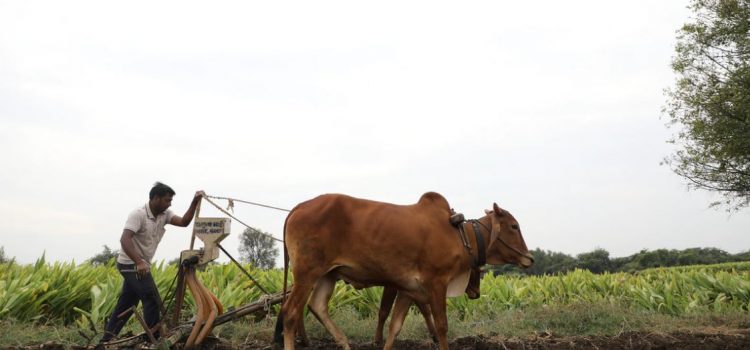Are meal kits worth it? What are the pros and cons of meal subscription boxes? Who benefits the most from meal kits? Pandemic-related restrictions boosted the popularity of meal kit delivery services, but some wonder if they’re still worth the expense as society begins to normalize. In fact, innovations to the meal kit market have led to more affordable options with a greater variety than ever, and it looks like meal kits are here to stay. Read on to learn if meal kits are a good choice for you and the best services to try in 2022.
Are Meal Kits Worth It? (+The Best Kits for Every Diet)










